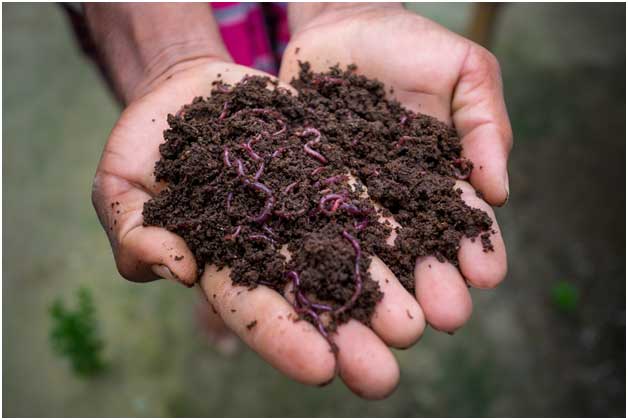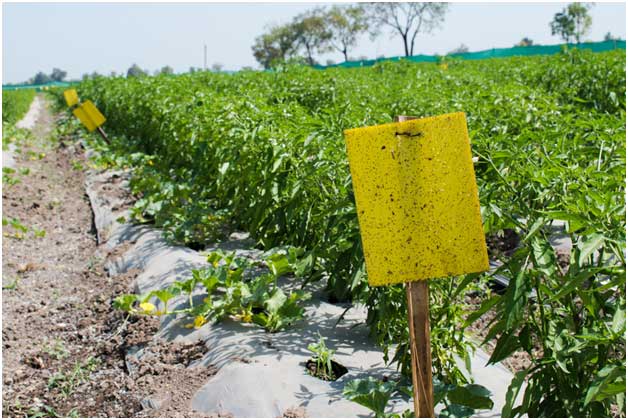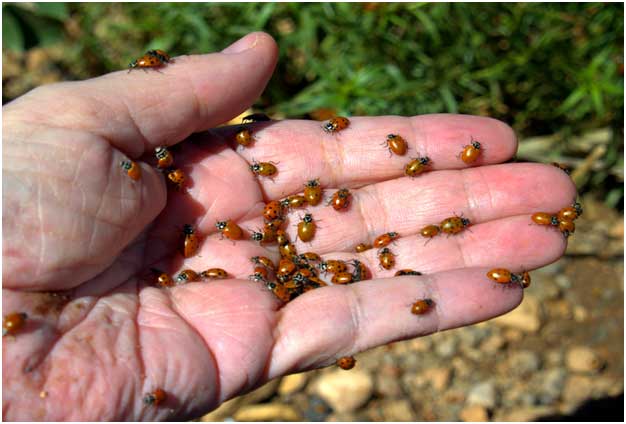


Pest control in sustainable living sparks debate due to concerns about chemical pesticides. Organic pest management, aligned with sustainability principles, is gaining popularity. Understanding its impact requires a thorough examination of methods. This article explores how organic pest control is reshaping pest management practices sustainably. In the quest for eco-friendly solutions, analyzing the benefits and drawbacks of organic pest control is vital. This analysis offers insights into coexisting with nature while preserving health and the environment.
Understanding Organic Pest Control
Organic pest control involves managing pests naturally with eco-friendly methods and avoiding synthetic chemicals. It includes biological control with natural predators, physical methods like traps, barriers, and organic pesticides derived from natural sources.

Environmental Benefits of Organic Pest Control
Reduced Chemical Pollution:
Organic pest control reduces chemical pollutants by using natural substances instead of harmful chemicals in traditional pesticides, thus promoting healthier ecosystems and minimizing environmental harm.
Biodiversity Preservation:
Chemical pesticides can harm non-target species, including beneficial insects and pollinators. Organic pest control services use selective methods that target specific pests, preserving biodiversity and ecological balance.
Soil Health Improvement:
Chemical pesticides can harm soil quality over time, while organic methods support soil health and incorporate practices to enhance soil fertility and structure - essential for sustainable agriculture and gardening.

HEALTH AND SAFETY IN ORGANIC PEST CONTROL
Reduced Human Health Risks:
Using conventional pesticides can lead to health problems. Opting for organic pest control offers a safer choice for all.
Safer Food Production:
In organic farming, using natural pest control methods ensures produce is free from pesticide residues.
ECONOMIC IMPACTS OF ORGANIC PEST CONTROL
Cost-Effectiveness:
At first glance, organic pest control services may be pricier than conventional methods. However, in the long run, they might be more cost-effective. This is because they concentrate on taking preventative measures and creating well-balanced ecosystems that can diminish the frequency and intensity of pest invasions.
Support for Organic Farming:
The increasing demand for organic produce has driven the growth of organic pest control services, bolstering the sustainable farming industry.
CHALLENGES AND CONSIDERATIONS IN ORGANIC PEST CONTROL
Effectiveness and Time:
Organic pest control may take longer than chemical methods, but it's a commitment to sustainable practices over immediate outcomes.

Knowledge and Expertise:
Effective organic pest control requires expert advice, deep knowledge, and specialized services due to increased environmental awareness and the demand for sustainable solutions. These services are crucial for a sustainable future, emphasizing respect for the environment, health, and sustainable lifestyles. Innovations in techniques and products, like biological control agents, will drive efficiency and effectiveness in organic pest control. Rising public awareness will enforce transparency and accountability in pest control practices, encouraging sustainable approaches that benefit the environment and support global efforts against climate change and biodiversity loss. Pest control's future aligns with the sustainability movement, shaping a world where human health and ecological balance are interconnected.